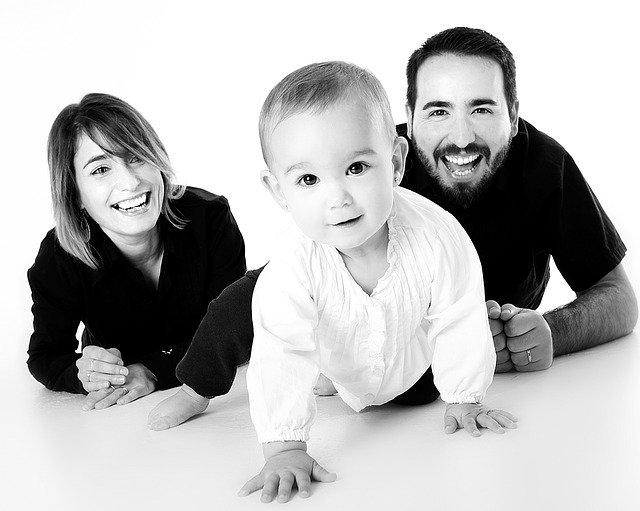If we analyze the benefit-risk ratio for motherhood after 40, then it does not provide any physical health benefits.
But a woman who opts for motherhood after 40 years gets enough time to prepare herself mentally and emotionally for enjoying motherhood by delaying pregnancy.
A trusted report obtained in 2015 stated that a woman who gets support from her partner and other family members with a high-quality relationship can reduce chronic stress and lower risks of postpartum depression at any age. But motherhood after 40 often gives monitory security to afford a higher quality of medical care by establishing a good job with health insurance.
Motherhood after 40 often allows a woman to take longer parental leave as most of the people at this age achieve paid leave option or have their own company.
Longer parental leave allows a woman to get more time to heal herself after giving birth and also creates a strong bond with the baby.
Greater stability in terms of monetary earning, and also relationships may also give better parental life in terms of both mental and physical health.
Pregnancy at an early age may more stressful for people who are not economically stable.
A financial favorable situation with established carriers gives parents to dedicate more time to raising children.
These are some common benefits of having children after 40 years of age.
Apart from these, the following are some research suggested benefits of motherhood after 40, including
- Reduction of cognitive decline
- Longer life span
- Better educational outcomes in children
But along with these multiple benefits, many-fold health risks are increasing with pregnancy after 40.
Following are some common risks associated with late motherhood:
The declining egg quality with increasing age is an unavoidable risk factor for late pregnancy.
Declining egg quality increases the risk of infertility because of imparting
- endometriosis
- uterine fibroids
- disorders of the fallopian tubes
The risk of hypertension, gestational diabetes, and preeclampsia are increased with pregnant women over 40.
Moreover, giving birth at advanced age increases the chance of genetic defects leading to a birth anomaly in babies after their birth.
For example, a child with Down syndrome is about 1 in 100 at 40 years of maternal age, and by 45, it rises to 1 in 30.
The success rate of infertility treatment declines with age. The success rate of IVF declines 20% per IVF cycle, whereas, pregnancy success rate declines 5% with the IUI cycle after 40 years of a woman’s age.
Age for conceiving is not only a considerable factor for women but also their male partners.
Following are significant findings from research performed in 2019:
Fatherhood at the older is not suggested as it causes infertility also even after the age of the mother is significantly lower.
Motherhood after 45 years can increase preeclampsia, preterm birth, and gestational diabetes risks.
Fatherhood after 45 years of age can also increase the risk of birth anomaly, low birth weight, and a low Apgar score through which a baby’s general health at birth is measured.
Motherhood after 40 often requires hormonal treatment to conceive. But these treatments often increase the risk of breast cancer.

Ravi Sharma is a self-motivated, successful entrepreneur and has a solid experience in the fertility segment. and he is the director at ARTbaby Global (ARThealthcare). He is a pharmacy graduate with post-graduation in business administration and has 14 years of rich experience in the field of infertility segment. He loves to write about IVF, Surrogacy, and other ART (assisted reproductive technology) news, issues, and updates. He is a Pharmacy graduate (B. Pharm) and M.B.A (marketing).
His most recent success includes the successful launch of the medical tourism company, ARTbaby, which offers treatment options for infertility, egg donation, and surrogacy. He likes spending time with his family and writing about various aspects of IVF surrogacy and donating eggs.

